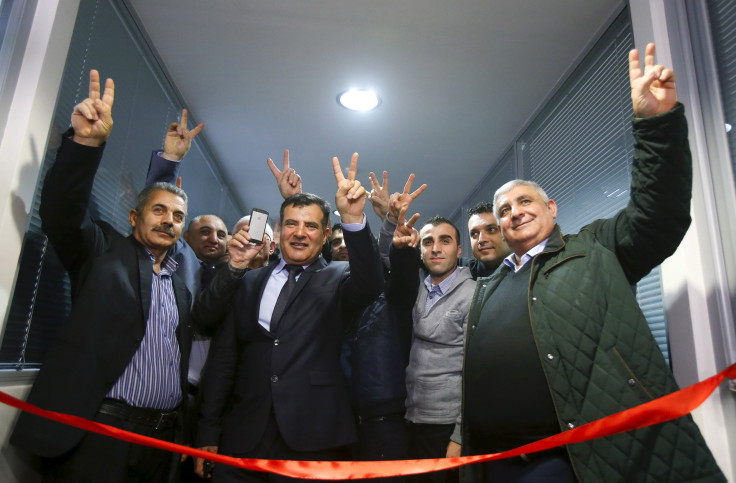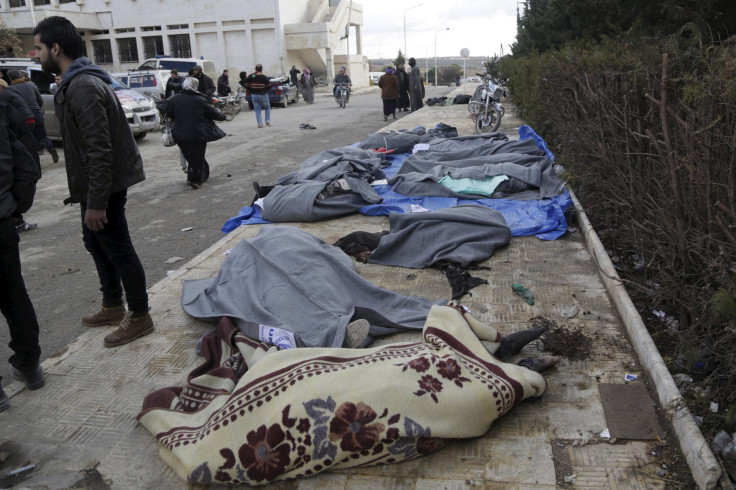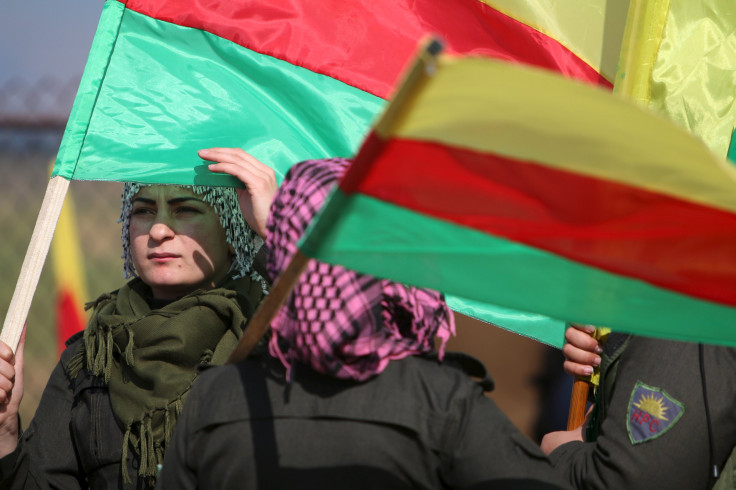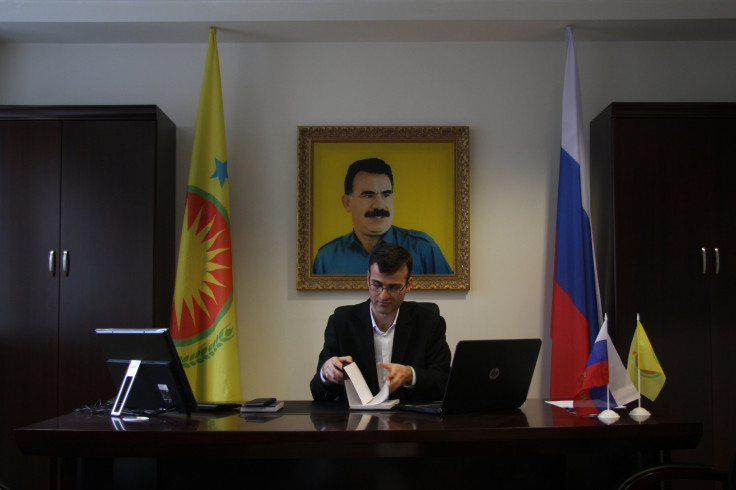Turkey-Russia Antagonism Draws Kurds Closer To Moscow

MOSCOW — Rodi Osman looks just a bit lost behind a large desk on the fifth floor of an office block in a drab eastern suburb of the Russian capital.
Though he speaks no Russian — nor had he visited Russia before January — the young official has made diplomatic history as the first head of a foreign mission for the Kurdish-led administration that controls large swathes of northern Syria wrested from Damascus during the bloody civil war.
“Russia is a big country in the world arena," he said in an interview Monday. “If someone is prepared to offer help against Islamic State, we are prepared to accept it."
The Moscow location of the office reflects the Kremlin’s increasingly active presence in the Middle East and the game-changing effect of Russia’s five-month bombing campaign in support of Syrian President Bashar Assad.
The Russian decision to allow the Kurdish office is also likely to anger Ankara amid an increasingly bitter Russian-Turkish standoff sparked by the downing of a Russian jet near the Syrian border late last year. Moscow and Ankara back different sides in Syria’s civil war, with Ankara seeking Assad’s ouster and accusing Russia of bombing the moderate anti-Damascus rebel groups it supports.

Turkey has been enraged by the gradual Kurdish expansion in northern Syria, fearing it will stoke separatist ambitions among its own Kurdish population.
Amid advances by Assad’s troops under the cover of Russian airstrikes, the Kurdish YPG militia seized ground near the Turkish border in recent weeks, including the strategically important Menagh airbase. Turkey responded to Kurdish gains last week with artillery attacks on Kurdish fighters.
Moscow has also shown an appetite for antagonizing Ankara in recent months and has imposed a series of economic sanctions on Turkey. Russian Foreign Minister Sergei Lavrov hosted Selahattin Demirtas, the leader of Turkey’s pro-Kurdish Peoples' Democratic Party (HDP) in December, which Turkey accuses of having links with armed Kurdish groups opposed to Ankara in the country’s southeast.

“The worsening of relations with Turkey has made Russia more daring in its relations with the Kurds,” said Yelena Suponina, a senior Middle East analyst at the Russian Institute for Strategic Studies, which advises the Kremlin.
In the opening ceremony for the new office in Moscow representing Western Kurdistan, an area known as Rojava in Kurdish, representatives of Russia’s Kurdish diaspora — which is tens of thousands strong — made it clear the Kremlin’s bombing campaign has given Russia political weight in the region.
“Russia is a great power and an active player in the Middle East and is also writing the script,” said Mirab Shamoev, the co-chairman of the International Union of Kurdish Public Associations and a Moscow resident.
While the rhetoric of Osman closely matches that of Russian officials who label all rebels in Syria as "terrorists", the Kurds, will have to tread a fine line. Kurdish fighters have received military backing from the United States and echoing the Russian line too closely could alienate their Western backers. Washington has condemned Moscow’s bombing campaign as designed to shore up Assad and destroy moderate opposition groups.
Similar offices to the one in Moscow will be opened in Germany, Sweden and Denmark within a month, according to Osman, who said he had had meeting with officials at the Ministry of Foreign Affairs, as well as other Russian officials including the head of the country’s third largest parliamentary party.
“If Russia accepts the opening of a representative office for Western Kurdistan it means Russia is prepared to accept a multi-confessional federation in Syria,” said Osman.

Russian officials have repeatedly criticized Turkey over their treatment of the Kurds in recent weeks, and spoken out against the exclusion of Kurdish groups from peace talks in Geneva between Syria’s warring parties that broke up earlier this month and are scheduled to re-start Feb. 2
Despite the fanfare, the office for Syria’s Kurds in Moscow has just two permanent employees and is not an embassy — it is registered as a non-commercial organization. In an indicator of its quasi-official status, the opening was attended by a mismatch of officials from countries only recognized by Russia: the self-proclaimed Donetsk People’s Republic in Eastern Ukraine, and the unrecognized states of South Ossetia and Abkhazia in the Northern Caucasus.
Russia has a long history of support for the Kurds. In 1946, the Soviet Union backed the creation of the Mahabad Kurdish Republic in Northern Iran and there were allegations in the 1980s that Moscow financed the Kurdistan Workers' Party (PKK) when it began an insurgency against Ankara.
Even before the opening of the representative office in Moscow there have been signs of warming ties between Russia and the Kurds, who live not only in Syria, but also Turkey, Iraq and Iran. Masoud Barzani, current president of Iraqi Kurdistan and the son of Kurdish rebel leader Mustafa Barzani who lived in the Soviet Union for eight years, was received by Lavrov in Moscow in 2013.
Osman said that Russian officials first raised the possibility of opening a mission from Syrian Kurdistan in 2014, and he was chosen as the representative in August 2015. Russian newspaper Kommersant first reported that the establishment of an office for the Syrian Kurds had received the green light in October.
“The strengthening of ties between Russia and the Kurds started several years ago and is tied to Russia’s new Middle Eastern engagement,” said expert Suponina.
© Copyright IBTimes 2024. All rights reserved.





















